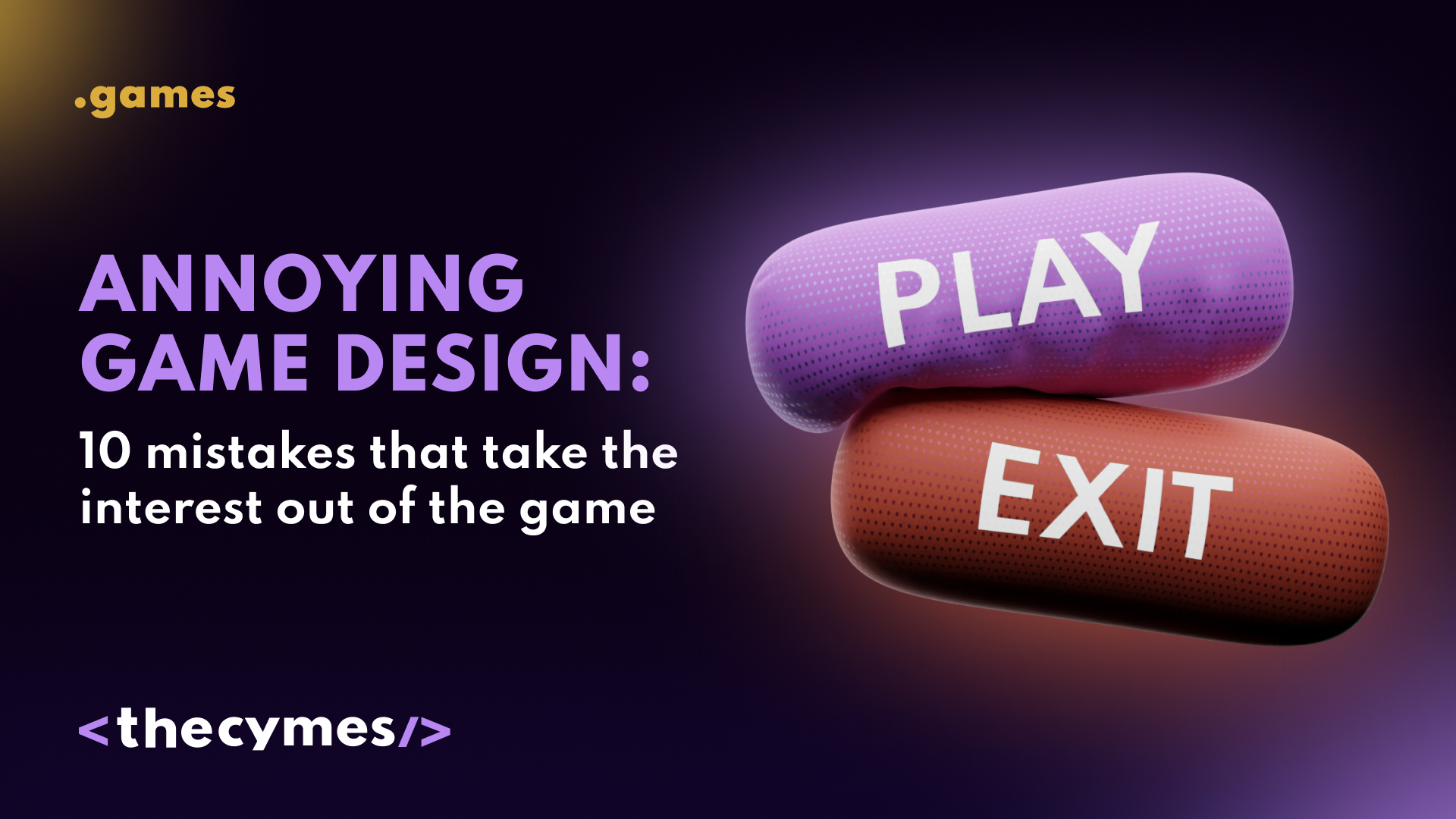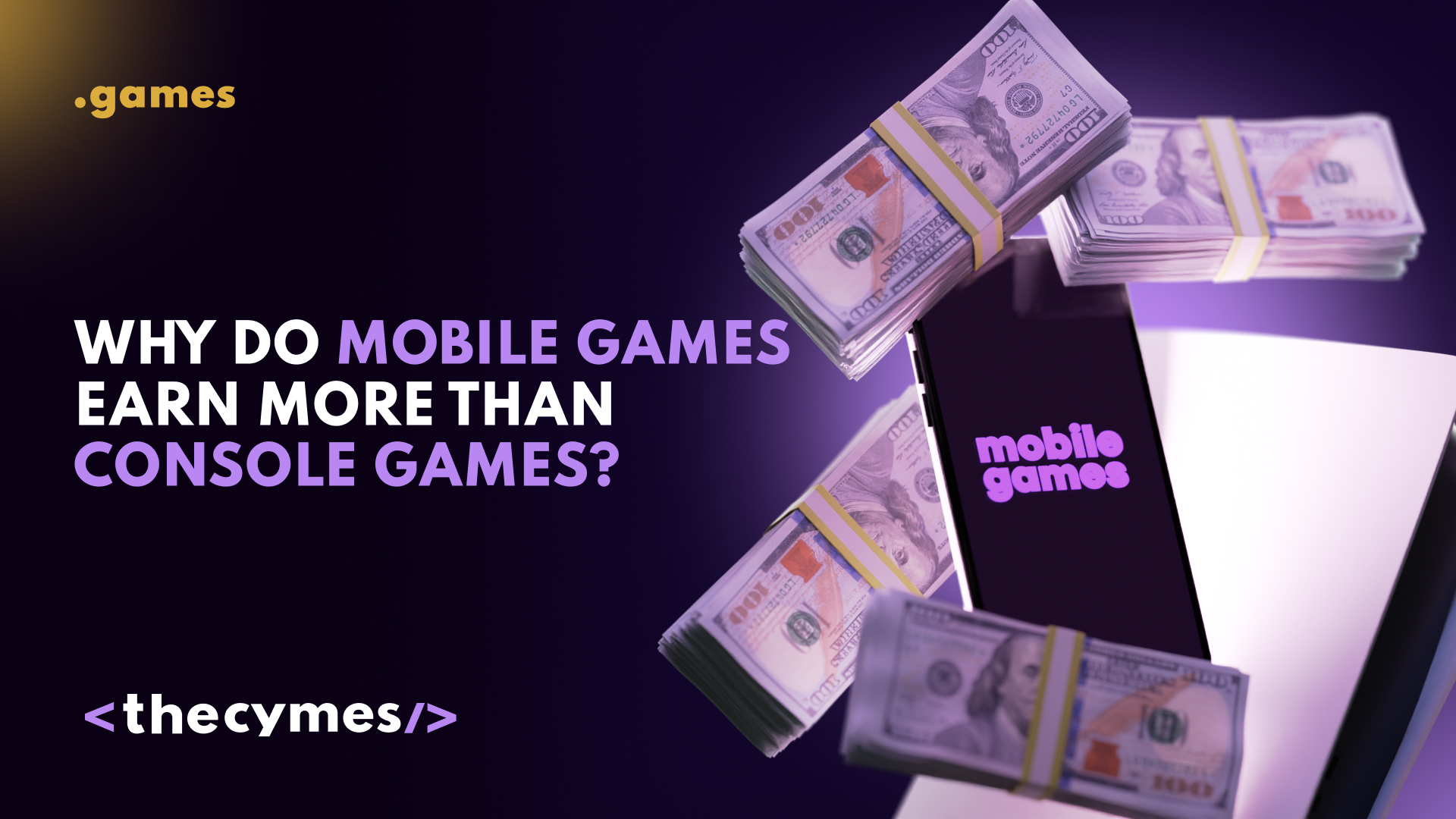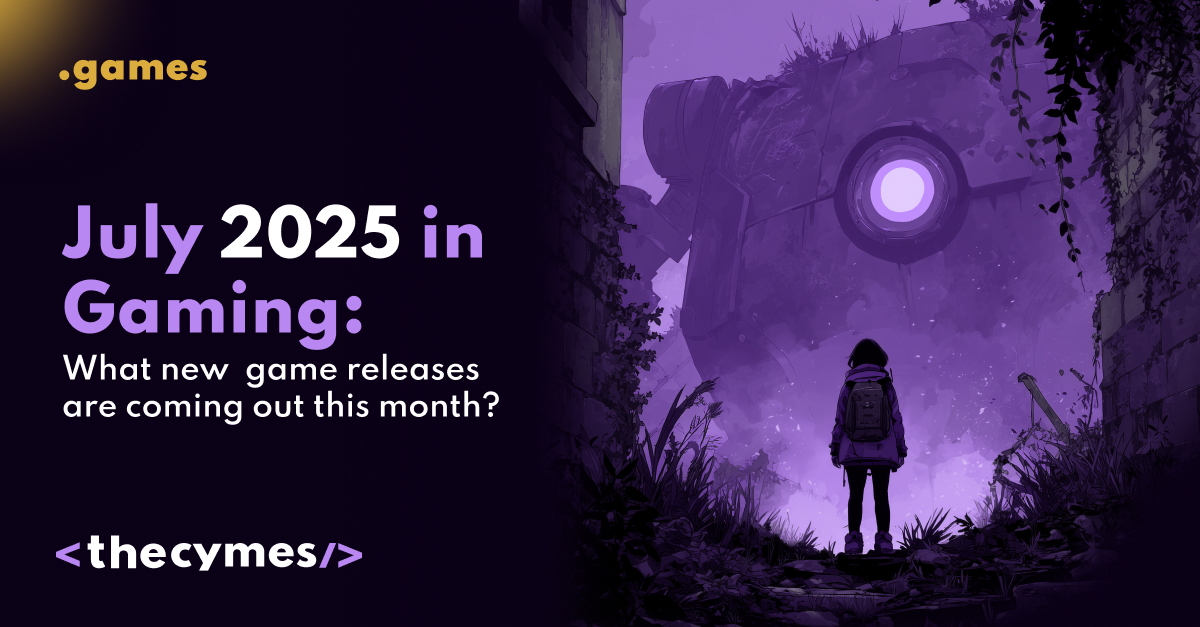.games5 February 16:07
0<
Annoying game design: 10 mistakes that take the interest out of the game
/>What can you do to develop an interesting game? Read in our latest article! be updated on the latest tech newsGet exclusive news updates and overview on tech market



